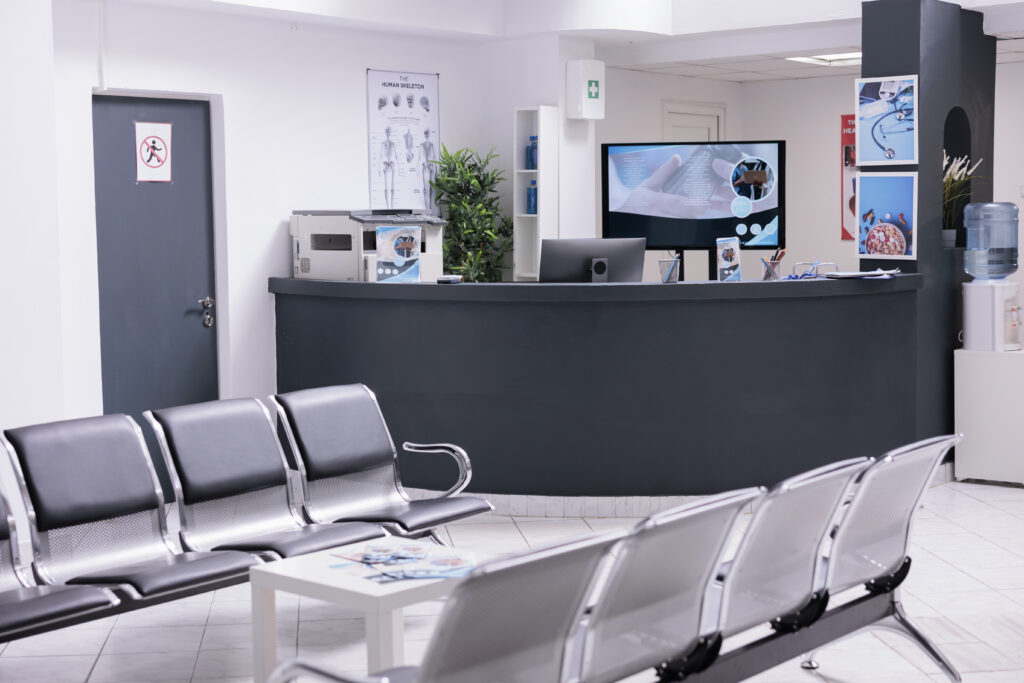Hair transplants in Turkey have gained a global reputation not just for their effectiveness and safety, but also for their affordability. Patients from Europe, the Middle East, and North America often find that even with travel and accommodation included, undergoing a hair transplant in Turkey costs less than half of what they would pay in their home countries.
But what makes it so affordable? The answer lies in a combination of economic, structural, and policy-driven factors—none of which imply a compromise on quality.
1. Lower Cost of Living and Operational Expenses
Turkey has a significantly lower cost of living compared to countries such as the UK, US, or Germany. This impacts everything from medical staff salaries and clinic rent to general overhead costs.
- Medical staff wages are lower but still competitive in the local economy.
- Real estate (clinic space, hotels) is more affordable, especially outside city centers.
- Supplies and equipment, while often imported, are purchased in bulk and shared across high-volume clinics.
According to Numbeo, 2024, the cost of living in Istanbul is approximately 50–60% lower than in London or New York.
2. Currency Advantage for Foreign Patients
The Turkish Lira (TRY) has seen a significant devaluation against the Euro, Dollar, and British Pound in recent years. This makes Turkey particularly attractive for foreign patients, whose stronger currencies translate into greater purchasing power.
For example:
- A €3,000 procedure in Germany could cost just €1,000–1,200 in Turkey.
- The same level of care, but at a fraction of the cost, without cutting corners.
This currency-based cost advantage is one of the key drivers behind Turkey’s success in medical tourism—not just for hair transplants, but also for dental care, cosmetic surgery, and eye treatments.
3. High Patient Volume Enables Economies of Scale
Many Turkish clinics perform multiple procedures every day, often treating thousands of patients annually. This high patient volume allows them to:
- Purchase materials (needles, instruments, PRP kits) at bulk rates
- Operate efficiently with streamlined workflows
- Maintain specialized teams who focus only on hair transplants
- Lower per-patient cost without sacrificing time or quality
In contrast, clinics in Western countries may perform only a handful of hair transplants per week, keeping their per-patient cost high.
4. Government Support for Medical Tourism
The Turkish government recognizes medical tourism as a strategic sector, offering financial and regulatory support to certified clinics. Some initiatives include:
- VAT exemptions for international patients
- Accreditation incentives (JCI, ISO)
- Marketing support through organizations like the Turkish Healthcare Travel Council (THTC)
- Facilitated visa and travel processes for medical tourists
This support structure helps clinics reduce overheads and focus resources on patient care and facility upgrades.
5. Competitive Clinic Landscape
The abundance of hair transplant clinics in Turkey—particularly in Istanbul—creates a healthy, competitive market that drives prices down while pushing quality up. Clinics must compete not only on price but on:
- Surgeon qualifications
- Patient reviews
- Aftercare quality
- Extra services (e.g., airport pickup, hotel accommodation)
As a result, patients enjoy the benefits of market competition: lower prices + better service.
6. All-Inclusive Packages Add More Value
Many Turkish clinics offer all-inclusive packages tailored for international patients, which typically include:
- Airport-hotel-clinic transfers
- 2–3 nights in a 4-star hotel
- Blood tests, consultation, anesthesia
- PRP therapy, aftercare kits, and post-op check-ins
These packages are priced transparently, often between $1,500–$2,500 USD, depending on the number of grafts and clinic location. In countries like the US, the same treatment can exceed $8,000–$12,000—without extras.
7. Affordable Does Not Mean Low Quality
It’s important to emphasize that lower prices in Turkey are not a result of lower quality, but of economic structure and system optimization. Many clinics are:
- Accredited by international bodies (e.g., JCI, ISO)
- Staffed by ISHRS-member surgeons
- Using modern technologies like Sapphire FUE, DHI pens, and PRP support
- Delivering excellent results with thousands of satisfied patients
Of course, patients should still do their research and avoid unlicensed operators. Choosing a well-reviewed, Ministry-registered clinic is key to getting safe and effective results.
Conclusion
Turkey offers one of the best price-to-quality ratios in the global hair transplant industry. Thanks to its economic conditions, high-volume clinics, and government-backed medical tourism strategy, patients can access world-class hair restoration at a fraction of Western prices—without compromising safety, hygiene, or satisfaction.
If you’re considering a hair transplant, affordability should never mean lower standards. In Turkey, it means smart systems and strategic value—and that’s why so many people choose it.


